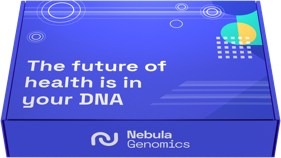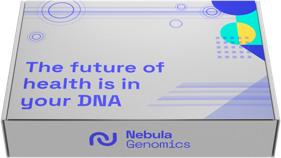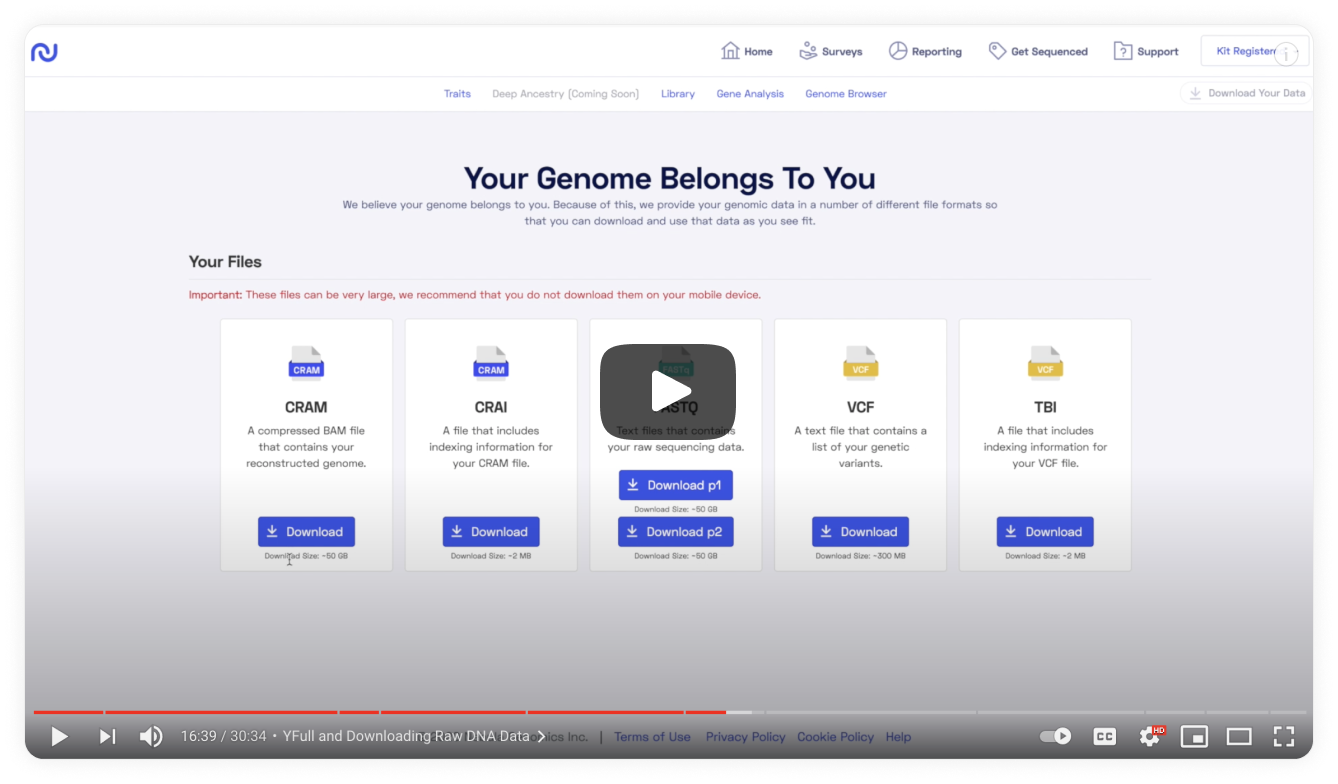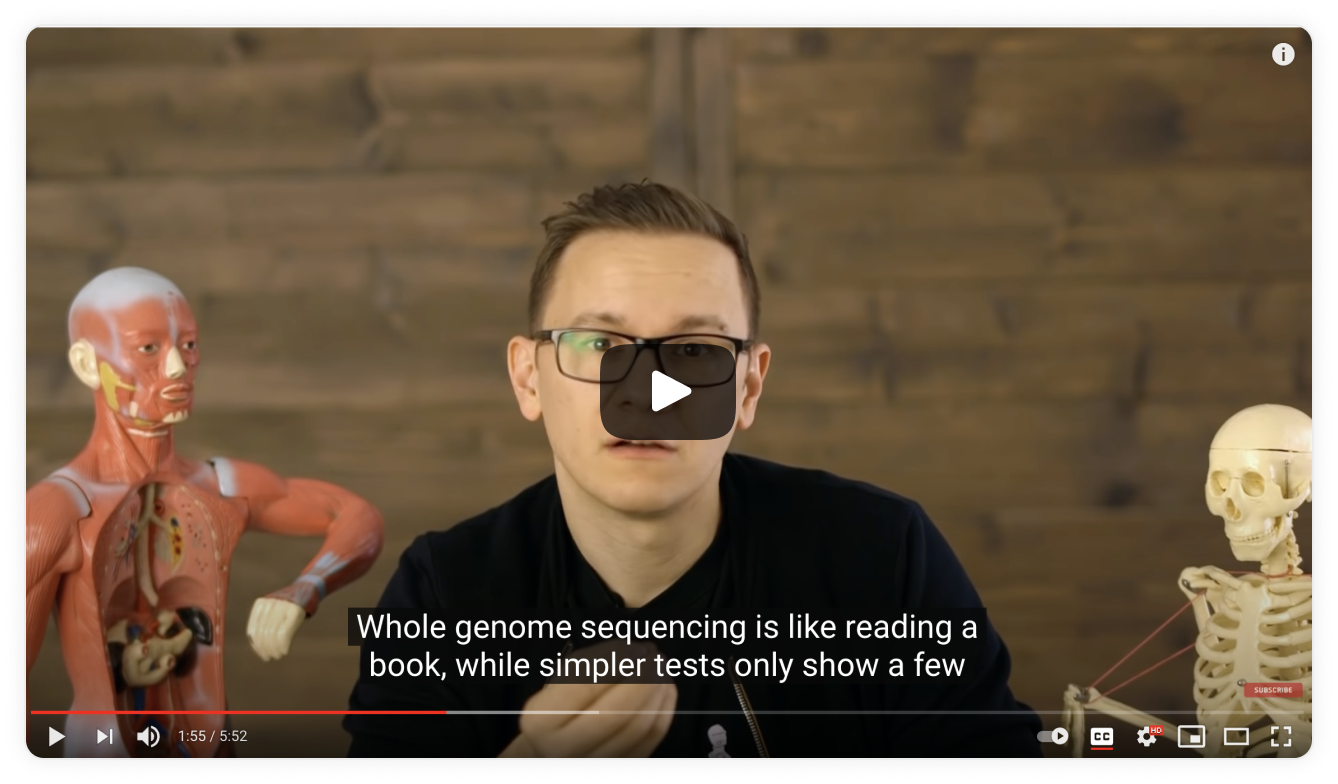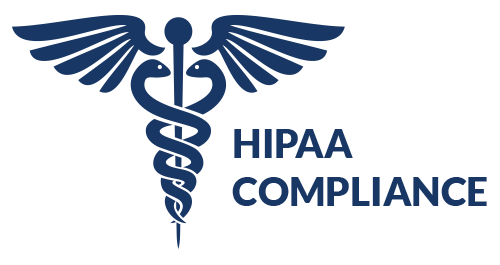
Discover How You Can Extend Your Lifespan By Using Your Genetic Theory of Aging
Aging is a complicated process. Beyond just looking older, aging also happens at a molecular level as your cells age.
Though there is a big environmental component to aging, your genetics can play a part too. Learn more with Nebula’s DNA test!



We curate personalized and easy-to-understand summaries of the most important studies on the genetics of aging.
With our reports, you can easily explore your DNA and learn about new discoveries focused on the field of longevity.

Our reports synthesize the latest longevity research to understand how your DNA can influence your aging and your wellness.
Our report includes analysis on telomere length, accelerated aging, and healthspan (number of years that you’re in good health).

With Nebula, you can dive into the details. We provide reports on a wide range of longevity related traits.
For example, in the Nebula library you will find personalized reports on your risk for age-related hearing loss, vision loss, and cognitive decline.

We’re privacy first. Benefit from your DNA without risking its privacy.

Loading plans ...
Choose Your Genome Sequencing Bundle
Get personalized reports based on the latest genomic research to optimize your specific health areas.

Loading plans ...

Membership is required to access your personalized reports and exploration tools that will enable you to examine any of your ~20,000 genes.
Membership begins when sequencing is completed. Сancel auto-renewal anytime.

1. Regularly receive new DNA reports that are based on the latest genomic research.
2. Access to exploration tools that will enable you to examine any of your ~20,000 genes and generate your personalized reports.
3. Access to deep ancestry analysis that will enable you to do your full genealogical research. Get deeper insights than with any other DNA test on the market.
4. Access to premium support provided by geneticists at Nebula Genomics.

Membership begins when sequencing is completed. Сancel anytime.


The genetic theory of aging suggests that how long we live depends more upon the biological influences of genetics than external factors. According to this theory, lifespan figures are determined at conception by genes passed on by our parents.
It is based on the segments of DNA at the end of chromosomes called telomeres. These segments become shorter each time a cell divides. Eventually, they are so short that cell division cannot be performed without losing important parts of DNA internal to the telomeres.
Aging genetics go beyond telomeres and ultimately involve many genetic variations. For example, if you have a genetic variant that predisposes you to high cholesterol or high blood pressure, your overall lifespan may be shortened because of complications like heart attacks. Genes that predispose individuals to the opposite effects tend to increase lifespan, even if the person doesn't have the healthiest lifestyle.
While it is clear that genetics play a role in the processes of aging to some extent, maximum lifespan is most likely a combination of genetic and environmental factors. The strongest evidence for this theory is the seemingly species-specific timeframes of maximum lifespan. Getting a genetic test to determine your innate susceptibility can help you make plans to moderate other risks.







